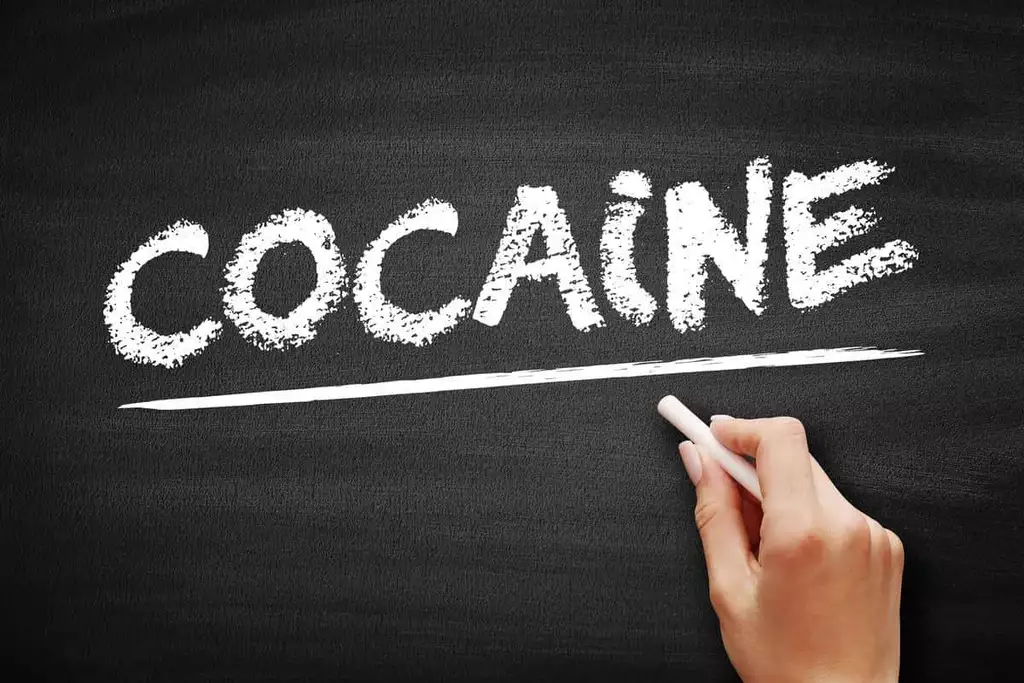
This phase can last several weeks to months and includes regular therapy sessions and support groups. The Recovery Village Palmer Lake offers a full range of evidence-based treatment programs for alcohol use disorder. From safe medical detox to inpatient or outpatient treatment, each program is tailored to address the unique needs of every client.
Understanding Wernicke-Korsakoff Syndrome
- Wet brain is the colloquial term for one of the lesser-known conditions caused by chronic alcohol misuse.
- Alcohol is simply seen as a leading cause of wet brain because it is the most common inhibitor of thiamine.
- This causes the body to not be able to have enough thiamine to properly function.
However, the later symptoms of Korsakoff’s psychosis are irreversible and often debilitating. Although these side effects can improve with treatment, they will never be fully reversed. During this stage, a person with https://ecosoberhouse.com/ a wet brain may experience confusion, coordination problems, and vision changes. If caught and treated quickly with thiamine supplements, this stage can be reversed and the person may recover from wet brain. However, if left untreated, the condition can progress to the next stage.
How Long is Alcohol Addiction Treatment?
Wet brain syndrome, or Wernicke-Korsakoff Syndrome, is actually two related disorders that often occur together. It’s like a one-two punch to the brain, with Wernicke’s encephalopathy typically striking first, followed by Korsakoff’s psychosis. These conditions are primarily caused by a severe deficiency in thiamine (vitamin B1), which plays a crucial role in brain function. “Wet brain” is a non-medical term used to describe Wernicke-Korsakoff Syndrome. Wernicke-Korsakoff Syndrome is a neuropsychiatric disorder that is actually a combination of two disorders.
Top 10 Best Dual Diagnosis Treatment Centers in the US

Drinking in excesses or regularly abusing alcohol can not only interfere with thiamine absorption and utilization, it can also directly interfere with the body’s ability to store thiamine in the liver. All stages of Wernicke-Korsakoff syndrome should be taken seriously and warrant immediate medical attention. After the detox phase, it is important to continue steps toward recovery. Cognitive behavioral therapy is a common path that helps you develop coping mechanisms to manage triggers or negative thought patterns. Many people also find success with 12-step meetings and other support groups. The key is to find what works for you and to wet brain meaning continue seeking support when you need it.
Risk Factors for Development
With treatment, though, the prognosis for those with Wernicke-Korsakoff syndrome can be better than other conditions, like Alzheimer’s. When Wernicke’s encephalopathy and Korsakoff’s psychosis combine to form “wet brain,” this can produce severe and potentially life-threatening symptoms. Due to the severity of these symptoms, it is crucial that Wernicke-Korsakoff Syndrome is detected early on so that treatment can begin immediately. When Wernicke’s encephalopathy and Korsakoff’s psychosis combine to form “wet brain,” this can produce severe and potentially life-threatening symptoms. Most people will experience long-lasting changes to their memory and cognition even with treatment and abstaining from alcohol. Many people see significant improvement in their symptoms if they take the appropriate measures recommended by doctors and abstain from alcohol.

Limit alcohol consumption

Wet brain syndrome is a form of dementia that primarily affects chronic, long-term alcoholics at the end stages of their disease. The illness is formally known as Wernicke-Korsakoff Syndrome, and it occurs in two separate stages. The Recovery Village at Palmer Lake offers comprehensive addiction treatment for drug and alcohol addictions and co-occurring mental health conditions.
Stage 2: The Final Stage of Wet Brain Syndrome
Early intervention can extend life and improve quality by slowing disease progression. Treatment often combines thiamine replacement with other supportive measures to manage symptoms and improve the individual’s quality of life. By catching symptoms early, individuals also have a better chance of avoiding the progression to Korsakoff’s psychosis, which brings severe, often irreversible memory impairment and behavioral changes. This therapy helps identify the underlying emotional causes behind a drinking problem, thus equipping alcoholics with better coping mechanisms. The thiamine will help address problems of confusion or delirium, as well as vision and muscle coordination.
- With the love and support of your family, and loved ones, we make sure to treat your addiction by understanding the root reasons behind it.
- Alcohol addiction, even if it has not progressed to the point of Wernicke-Korsakoff syndrome, can considerably decrease life expectancy.
- Your brain uses up a lot of energy, and without enough thiamine around cells become damaged and die.
- When a person is in the final stages of a wet brain, they will need 24/7 nursing care.
- Once they’ve been discharged from the hospital, patients should continue the regimen of taking oral thiamine and other recommended vitamin supplements.
Wet Brain/ Wernicke-Korsakoff Syndrome: Definition, Causes, Treatment and Management

Whether one condition causes the other or not, there is a recognized progression of symptoms. Studies have found that 80 to 90 percent of people who have Wernicke syndrome drug addiction go on to develop Korsakoff syndrome. According to the National Organization for Rare Disorders (NORD), Wernicke-Korsakoff syndrome occurs in about 1 to 2 percent of the general population in the United States.
Alcohol is a neurotoxin that shrinks the brain (a phenomenon known as “cerebral atrophy”) and slowly destroys the frontal lobe, cerebellum and limbic system. In many ways, end-stage alcohol dementia resembles end-stage Alzheimer’s disease and requires the same level of intensive medical support. Besides, the onset of Wernicke-Korsakoff syndrome and symptom severity is not considered to be a direct relation to how much or what kind of alcohol a person drinks over their lifetime. Genetics, preexisting conditions, and other factors help determine whether an alcoholic eventually develops this mush brain disease.
Early intervention with intravenous thiamine injections, along with lifestyle changes like an improved diet and abstinence from alcohol, can increase the chances of recovery and improve overall outcomes. Wernicke-Korsakoff Syndrome (WKS) is a severe neurological disorder that primarily affects individuals who have a history of chronic alcohol abuse. Recognizing the signs and symptoms of WKS is crucial for early diagnosis and intervention. However, diagnosing WKS can be challenging due to its complex presentation and similarity to intoxication symptoms. Wet Brain syndrome, also known as Wernicke–Korsakoff syndrome, is a serious neurological disorder caused by a deficiency of thiamine (Vitamin B1). While the medical terminology might be complex, we’ll use ‘Wet Brain’ throughout this article for a better user experience.
